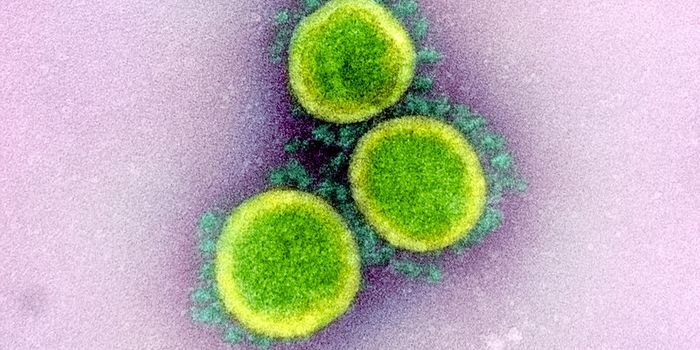Vitamin D Supplementation Treats Wheezing in Preterm African-American Infants
:max_bytes(150000):strip_icc()/GettyImages-482149559-58ff94b83df78ca15970227e.jpg)
Infants born prematurely, primarily African American babies, are at higher risk for recurrent wheezing. This is a condition that can cause great discomfort, placing the infant at risk for developing asthma later in life. Unfortunately, there is currently no widely-accepted treatments to prevent prematurity-associated wheezing.
Now, a unique study and first-of-its-kind published in the Journal of the American Medical Association (JAMA), a University Hospitals Rainbow Babies & Children's Hospital (UH Rainbow) investigator found that African American preterm infants experienced a reduction in recurrent wheezing when sustained with vitamin D supplementation.
Infants that were born at 28-36 weeks gestation, a daily dose of vitamin D through six months of age decreased their recurrent wheezing by more than 10 percent. Before the study, it was not clear which vitamin D supplementation strategy would be the most effective. However, the study's principal investigator, Anna Maria Hibbs, MD and Eliza Henry Barnes Chair in Neonatology at UH Rainbow, believes that continuing vitamin D supplementation with 400IU/day until 6 months of age has improved the effects prematurity by decreasing the infants chance of recurrent wheezing.
"Parents need to know African American preterm infants are at high risk of wheezing in infancy," notes Dr. Hibbs, "I hope this study can highlight the burden of wheezing illness experienced by premature babies and the importance of targeting interventions that can lessen this burden."

At four sites across the US, a randomized clinical trial studied 300 African-American infants born prematurely between January 2013 through January 2016. The infants were involved in the study prior to discharge from the neonatal intensive care unit. They also received open-label multivitamin until they were able to consume 200 IU per day of vitamin D from baby food or fortifiers added to breastmilk.
Among the 300 studied infants, only 277 completed the clinical trial. The recurrent wheezing was experienced by roughly 31.1 percent of infants in the sustained vitamin D supplementation group, and 41.8 percent of infants in the diet-limited supplementation group. "Vitamin D is an attractive treatment option because it is easy to administer, and is relatively inexpensive. Parents can be in control of this intervention," says Dr. Hibbs. "Further research is needed to identify and optimize interventions that can reduce the wheezing burden, and help us understand any health benefits that may continue as the infants grow up."
Sources: Medical Xpress








